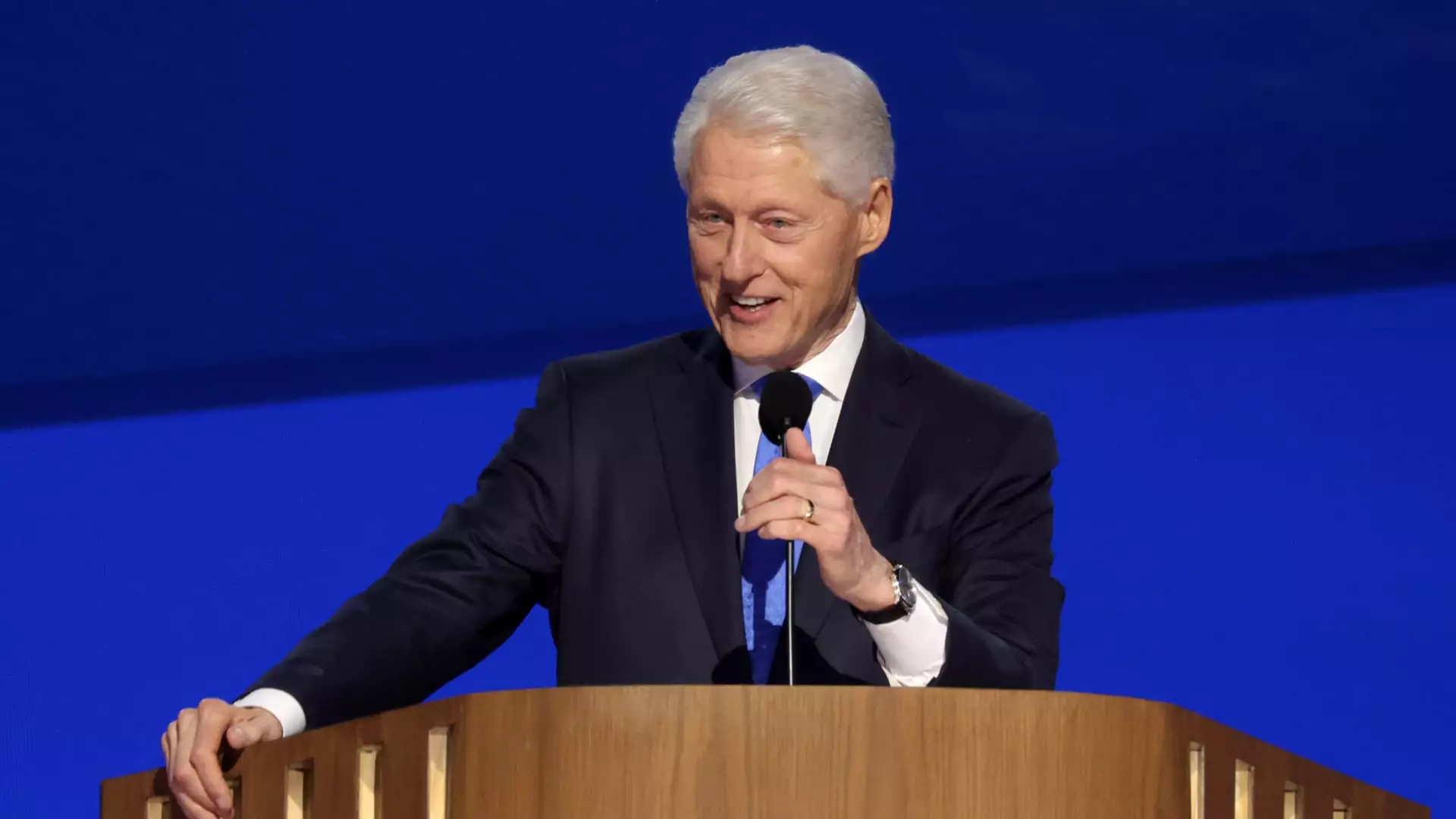Former President Bill Clinton has been admitted to MedStar Georgetown University Hospital in Washington, D.C., following the emergence of a fever. This news was confirmed by Angel Ureña, Clinton’s deputy chief of staff, who reported to NBC News that the 78-year-old is undergoing tests and observation. Ureña mentioned that Clinton is in “good spirits” and is thankful for the medical care being provided. An insider emphasized that the situation is not classified as urgent, assuring the public that Clinton remains “awake and alert” during this time.
Bill Clinton’s health history has been a subject of concern over the years, particularly since he left office in 2001. Notably, in 2004, he underwent a major cardiac procedure— a quadruple bypass surgery, indicative of serious heart issues. This was followed by another intervention in 2010 when doctors inserted two stents into his coronary artery to address ongoing concerns. Such incidents highlight the challenges he has faced regarding his cardiovascular health, which have been compounded by other medical issues, including a urological infection that led to a six-day hospitalization in 2021.
Clinton’s medical challenges raise important questions about the health of public figures, especially those who have held high office. A leader’s health can significantly impact their ability to engage with the public and fulfill responsibilities. The maintenance of public image and transparency about health issues often weighs heavily on former presidents, who continue to play influential roles in political spheres. Despite his health setbacks, Clinton has actively participated in political campaigning—most recently supporting Democratic presidential nominee Kamala Harris. His continued involvement signifies not only resilience but also a dedication to public service.
Throughout his post-presidency years, Clinton has remained active in various initiatives, including writing a memoir detailing his life after leaving the Oval Office. His public appearances at events like the Democratic National Convention underscore his long-standing commitment to the Democratic Party and its values. Clinton’s appearances provide a platform for him to express his thoughts and the evolution of his political ideology, keeping him connected to his supporters and the broader electorate.
As former President Clinton receives medical attention, the sentiments of many Americans reflect concern balanced with hope for his swift recovery. His health and well-being hold significance not just for his family and friends but also for numerous supporters who look up to him as a figure of resilience in political landscapes. It is a crucial reminder of the human side of leadership—how public figures navigate health challenges while remaining committed to their roles in society. As developments occur, both close associates and the general public await updates, hopeful that he will soon return to his active lifestyle and continue his efforts in public life.

